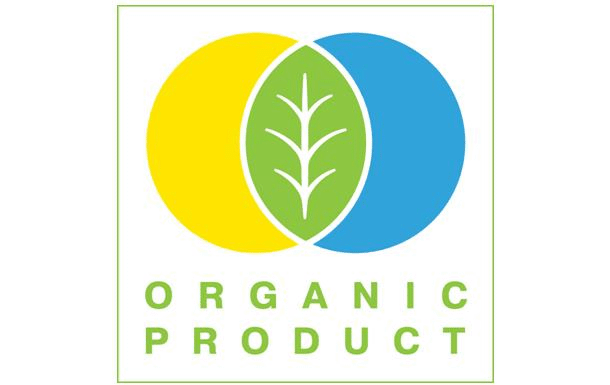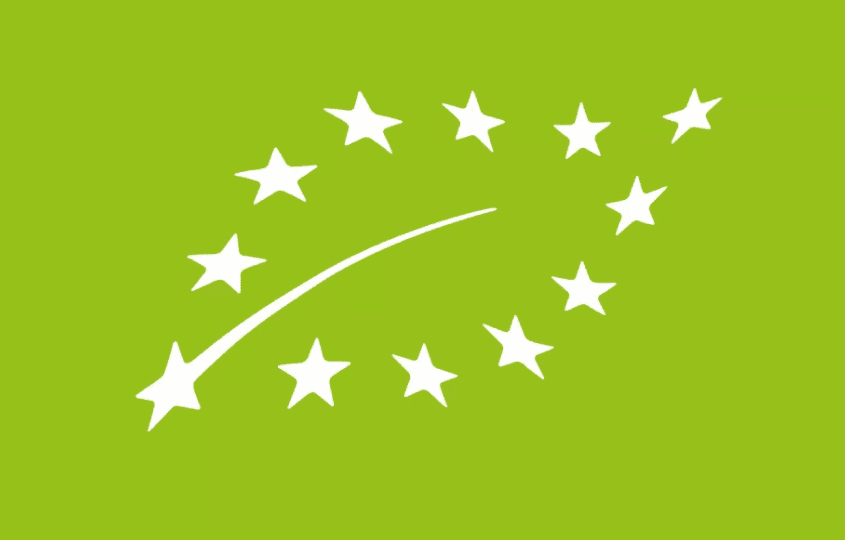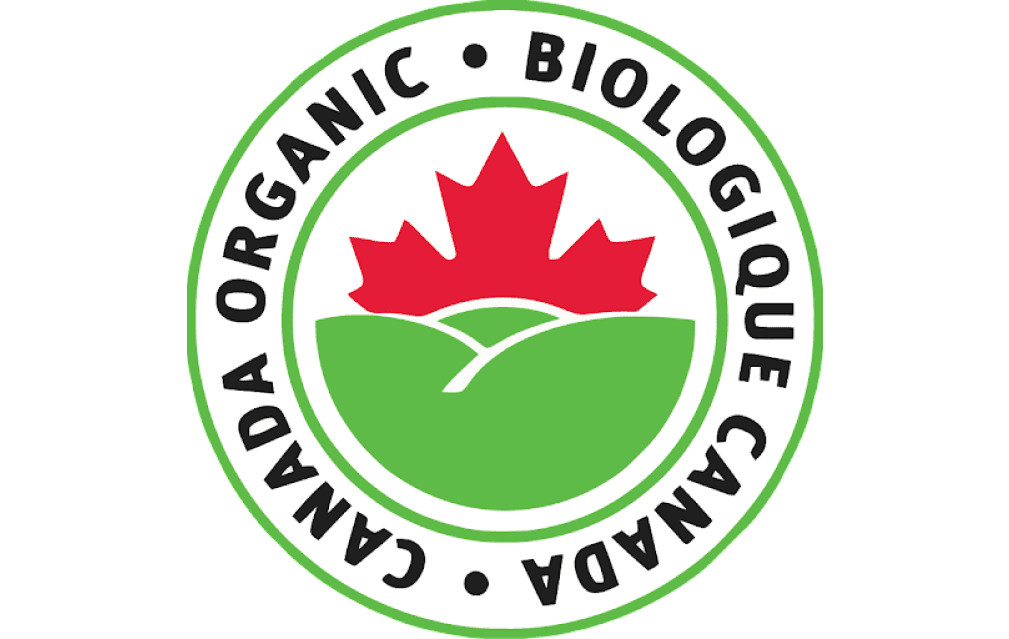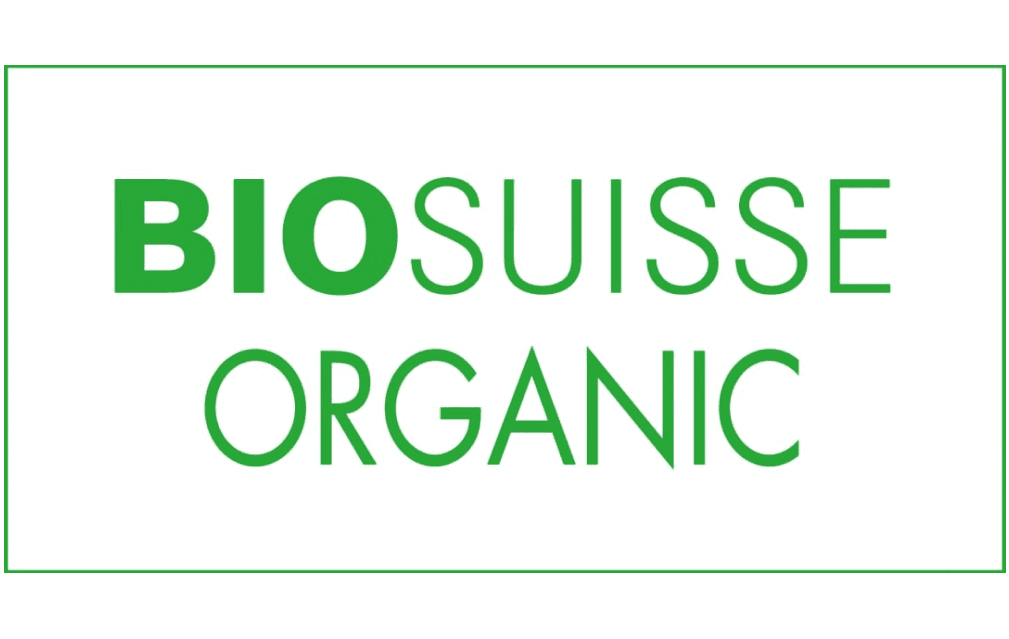Certification of Beekeeping
Conducting certification of organic production in the field of Beekeeping is an important direction of our main activities, in which we have extensive experience.
Organic beekeeping refers to organic production associated with keeping and breeding of bees to obtain products of animal origin in compliance with the requirements of organic standards and regulations.
We have a proven track record in certifying production of beekeeping in accordance with international and private standards, including the EU Organic Regulation and Canada Organic Regime (COR), both within Ukraine and abroad.
The range of certified products of beekeeping in Ukraine includes honey, beeswax, pollen, royal jelly, and other products.
Certification involves the thorough verification and assessment of production methods and products to ensure compliance with organic regulations. Upon successful certification, we issue internationally recognized certificates, granting our clients access to premium organic markets.
Organic Standard provides a comprehensive range of services that encompass inspections and certification based on various standards and ongoing support for the Operator during the entire certification process. We place great importance on the expertise of our specialists and continuously enhance their skills and qualifications. As a result, this approach allows us to deliver high-quality service to our clients.
Requirements for Beekeeping
The general requirements for organic beekeeping are as follows:
- Production practices and technologies should be based on the use of natural materials and substances.
- The area surrounding the honey collection sites should be inspected by beekeepers for the risk of potential contamination with harmful substances that bees may bring and that can affect the finished products.
- There shall be a continuous monitoring of the health of bees and timely replacement of combs, with wax testing for unauthorized substances.
- The apiary shall be located within a radius of 3 km, where nectar and pollen sources consist mainly of organic and wild plants or plants subjected to minimal processing and environmental impact. This approach shall minimize the risk of contamination of beekeeping products.
- Beehives shall be made of natural materials. The use of propolis, beeswax, and oil is allowed in beehives.
- Various substances such as formic acid, lactic acid, oxalic acid, menthol, thymol, eucalyptol, or camphor may be used for mite control.
- The conversion period lasts for 12 months. During this period, non-organic wax should be replaced with organic one. If organic wax is unavailable, non-organic wax may be applied, provided it is free from substances prohibited in organic production and is obtained from cappings.
- Bee colonies shall always have sufficient food reserves, particularly during winter. In cases where the survival of the colony is threatened, organic honey, organic sugar, or sugar syrup may be fed. However, this should not occur within 15 days prior to the main honey collection.
- Introducing non-organic bees to the hives is allowed for up to 10% of the total number of bee colonies per year, but only if they are placed in hives with organic foundation.
- During honey extraction, certain practices are prohibited, including the destruction of bees, extraction of honey with brood, use of chemical repellents, or clipping wings of queen bees.
Organic Standards and Regulations

Organic Legislation of Ukraine
Certification in accordance with the legislation of Ukraine is mandatory for the production and sale of organic products in Ukraine.

EU Regulation 2018/848
Certification in accordance with EU Regulation 2018/848 for exports to EU countries from Ukraine will be mandatory no earlier than 2024.

Canada Organic Regime (COR)
Certification according to COR is an important requirement for exporting organic products to Canada, which can also facilitate exports to the United States.

Bio Suisse
Certification according to the Bio Suisse standard is a mandatory requirement for exporting products to Switzerland.
If you have any questions, please contact our specialists
Oleksandr Gera
Senior Certification Specialist
